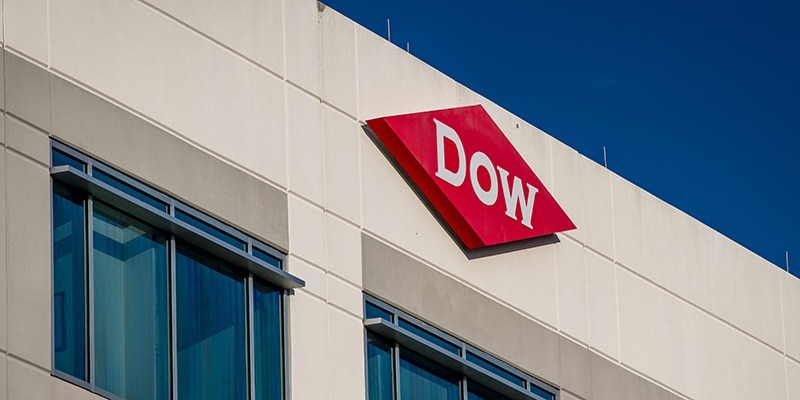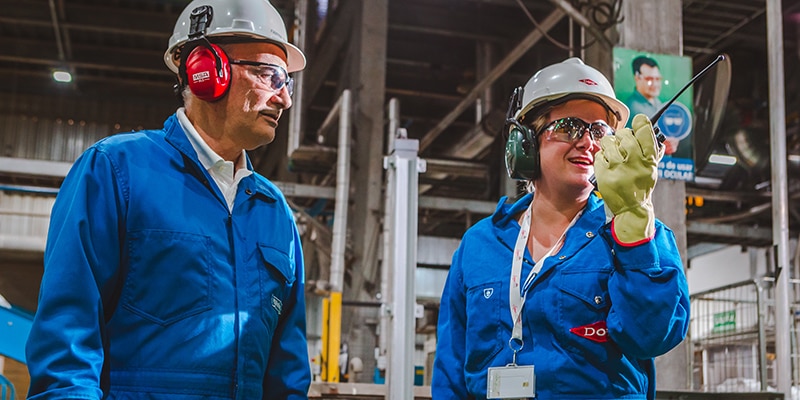Description
As part of the United States and allied forces war efforts in the jungles of southern Vietnam, the U.S. military developed and used a number of military (tactical) herbicides, one of which was Agent Orange. Agent Orange was used to aid U.S. and allied troops by stripping away dense foliage that could conceal enemy combatants.
During the war, Dow, Monsanto and other companies were compelled by the U.S. government to produce Agent Orange under the U.S. Defense Production Act of 1950. The government strictly controlled the transport, storage, use, and the specifications to which Agent Orange was to be manufactured exclusively for the military.
The U.S. courts have consistently ruled that Dow and the other manufacturers bear no responsibility for the development and use of Agent Orange during the Vietnam War, and have dismissed all legal claims to the contrary. Moreover, decades of study relating to Agent Orange have not established a causal link to any diseases, birth defects or other transgenerational effects. Notably, the extensive epidemiological study of veterans who were most exposed to Agent Orange does not show that such exposure causes cancer or other serious illnesses.
Dow's Position
Dow has great respect for the men and women who served in the Vietnam War and the others who were affected by it. The U.S. government bears the responsibility for its own military actions, including the development and use of Agent Orange in Vietnam.
Dow also firmly believes that historic wartime issues, including the use of Agent Orange, are appropriately a matter of resolution by the governments of the United States and Vietnam. The U.S. government has committed resources to address this issue and collaboration between the U.S. and Vietnamese governments continues on a number of fronts.





